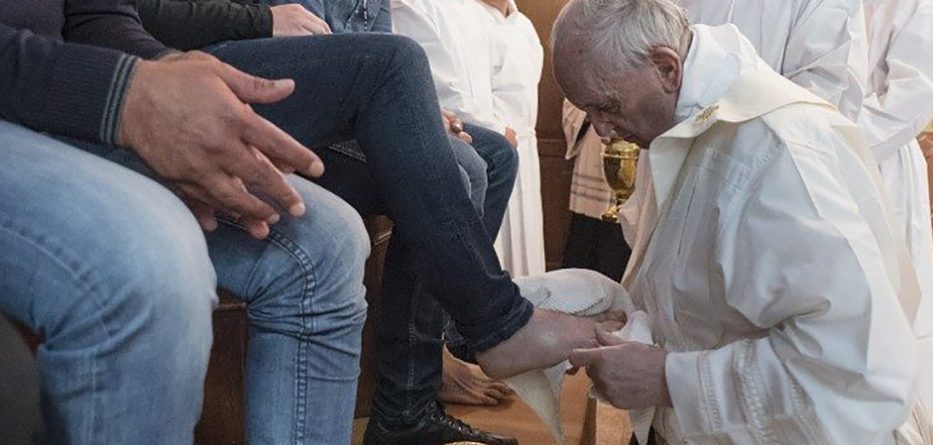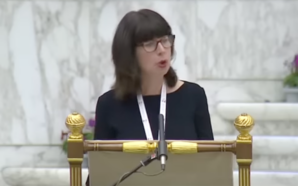Feeling mercy … changes everything … This is the best thing we can feel: it changes the world. A little mercy makes the world less cold and more just. —Pope Francis, Angelus, March 2013.
Some people are suspicious of all this contemporary talk about the beatitude of ‘mercy’—especially if one begins a conversation about how it is pastorally applied to people who are hurting.
Not only do they seem to disagree with Jesus and Pope Francis, curiously they are also in dispute with Pope St John Paul II, whose neglected encyclical Dives in Misericordia (Rich in Mercy) also argues for the centrality of mercy.
Of course, the battleground of mercy has a longer history still. It involves an ancient and permanent fight between the God of mercy and a humanity forgetful of mercy received or mercy lived. That spiritual tussle goes on in every life, between a heart of stone and a heart of flesh.
It is captured beautifully in the Book of Jonah, the story of a fugitive who eventually decides to obey his call and preach repentance or destruction. But his God is made in Jonah’s image, and so he gets angry with the intolerable mercy of God, even though in his rage he admits, ‘I knew you were a God of tenderness and compassion’.
The late Fr Michael Paul Gallagher SJ has pointed out that God responds to this infantile rage with a sense of humour. Jonah is soothed and delighted with the shade of a plant, but when it withers he enters another suicidal sulk. And the final words of this shortest of texts are an ironical and unanswered question challenging all our pettiness with the hugeness of God’s mercy: ‘Am I not right to have mercy on this city where people cannot tell their right hand from their left, to say nothing of the animals?’
For Fr Gallagher this sums up everything: if our picture of God is too small, our own mercy will be too mean. So we are on a long and permanent journey out of smallness and towards enlargement of heart.
How can we help heal the ‘Jonah syndrome’ within ourselves? The only really effective way is not more words but the witness of real mercy in action. Hearts are touched by images of dedication and compassion.
This is a key to the huge impact Pope Francis has had on the secular world. His words on mercy are strong but his gestures of mercy are stronger. One has only to think of his long embrace of the man with the visibly terrible illness of the skin, an image that went ‘viral’, as they say.
We can never dare forget that Christ has told us plainly about the Last Judgement (see Matthew 25), and it has nothing to do with belonging to the right party, church or even being ‘theologically’ correct. We will be judged not on membership cards but according to our readiness to let the mercy of God pass through us to others.
This article is part of a series of reflections entitled Blessed Are You: Meditations on the Beatitudes & Daily Life by Br Mark O’Connor FMS.
Br Mark O’Connor FMS is the Vicar for Communications in the Diocese of Parramatta.








